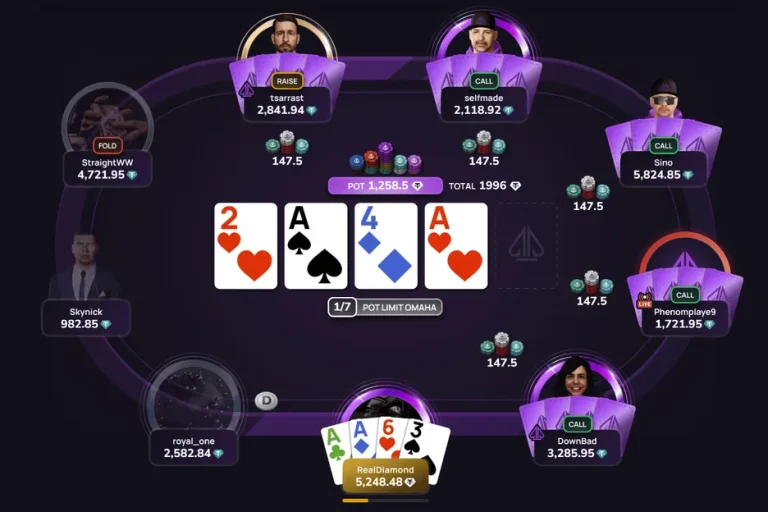Bluffing and fold pressure are critical strategic elements in Badugi Poker, a unique lowball game that challenges players to think differently than in traditional poker variants. Successfully applying bluffing tactics and creating fold pressure can help you win pots even when your hand isn’t the best. Understanding when and how to bluff, as well as how to generate pressure on opponents, can elevate your Badugi game significantly.
The Basics of Bluffing in Badugi Poker
Bluffing in Badugi involves convincing your opponents that you have a stronger Badugi hand than you actually do. Since Badugi hands are based on low, unique cards with no pairs or suits repeated, bluffing can be tricky but very effective when timed right.
Bluffs in Badugi typically occur during the betting rounds when you represent a hand with fewer cards or lower cards than you hold. Because players are often cautious about improving their hands, a well-executed bluff can force folds and win you the pot.
Creating Fold Pressure
Fold pressure in Badugi arises when your betting style, position, or table image convinces opponents to give up their hands prematurely. Since Badugi is a game where many players chase improving low hands, aggressive betting can cause them to hesitate or fold marginal draws.
To create fold pressure:
-
Use your position wisely by betting strongly when acting last
-
Apply consistent aggression to project confidence
-
Vary your bet sizes to confuse opponents
-
Target opponents who are risk-averse or on weak draws
Fold pressure is particularly powerful against passive players who tend to fold rather than chase uncertain improvements.
When to Bluff in Badugi
Bluffing should be used selectively in Badugi to maximize its effectiveness. Good moments to bluff include:
-
When you have a mediocre hand but sense weakness in your opponents
-
When the board texture or betting pattern suggests no one has improved
-
In late position, where you have more information on opponents’ actions
-
When opponents have shown tendencies to fold under pressure
Avoid bluffing too often, as experienced players will catch on and call your bets.
Recognizing and Countering Opponent Bluffs
A key to improving at Badugi is recognizing when others might be bluffing. Signs include:
-
Sudden large bets without prior aggression
-
Betting patterns inconsistent with previous behavior
-
Attempts to push others out of the pot early
To counter bluffs, consider calling with drawing hands that have potential to improve or re-raise to apply pressure back on the bluffer.
Balancing Bluffing and Value Betting
Successful Badugi players balance bluffing with value betting—betting when they genuinely have strong hands. Overusing bluffs can make you predictable, while only value betting leaves you vulnerable.
Adjust your strategy based on table dynamics and opponents’ playing styles. Combining occasional bluffs with well-timed bets on strong hands keeps you unpredictable and profitable.
FAQ
How often should I bluff in Badugi Poker?
Bluff sparingly and strategically. Focus on moments when opponents show weakness or when your position is advantageous. Over-bluffing reduces your credibility.
What types of opponents are most susceptible to fold pressure?
Passive and cautious players tend to fold more under pressure, making them ideal targets for aggressive betting and bluffs.
Can bluffing backfire in Badugi?
Yes, if opponents call your bluff or re-raise, you can lose chips. Always be prepared to fold if your bluff is called or if the situation becomes unfavorable.


